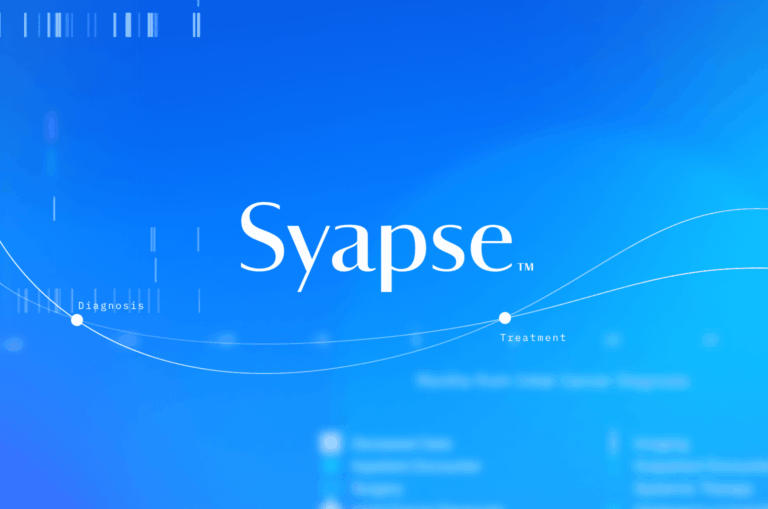
What You Should Know:
– Syapse®, a leading real-world evidence (RWE) company dedicated to extinguishing the fear and burden of serious diseases, and the FDA Oncology Center of Excellence (OCE) today announced the renewal of their four-year collaboration agreement.
– This expanded strategic partnership aims to collaboratively develop and implement research projects that advance the use of real-world data (RWD) and explore the potential of RWE to inform regulatory decisions in oncology.
Harnessing the Power of Real-World Data
This strategic partnership aims to address the evolving landscape of oncology care by leveraging the vast potential of RWD and RWE. The collaboration will focus on evaluating RWD study designs and analytic methods, developing clinically meaningful research questions regarding cancer patient care, treatment, and outcomes, and facilitating the use of novel oncology data sources.
Key objectives of the renewed partnership include:
Exploring RWD Study Designs and Analytic Methods: The partners will investigate and evaluate various RWD study designs and analytic methods to ensure the validity and reliability of RWE generated from RWD sources.
Developing Clinically Meaningful Research Questions: Syapse and the OCE will collaborate to identify and prioritize clinically relevant research questions that can be addressed using RWD and RWE, with a focus on improving patient care and outcomes.
Analyzing Syapse Learning Health Network (LHN) Data: The LHN, a vast repository of real-world oncology data, will serve as a valuable source for conducting observational studies and generating RWE.
Evaluating Novel Oncology Data Sources: The collaboration will explore the potential of emerging oncology data sources, such as electronic health records and genomic data, to further enhance RWE generation.
Building Upon Early Success
The renewed partnership builds upon the successful collaboration between Syapse and the OCE, which has yielded valuable insights into safety and health disparities in oncology care. The partners have previously conducted studies on immune-checkpoint inhibitor-related pneumonitis in lung cancer and the impact of COVID-19 on cancer patients.

